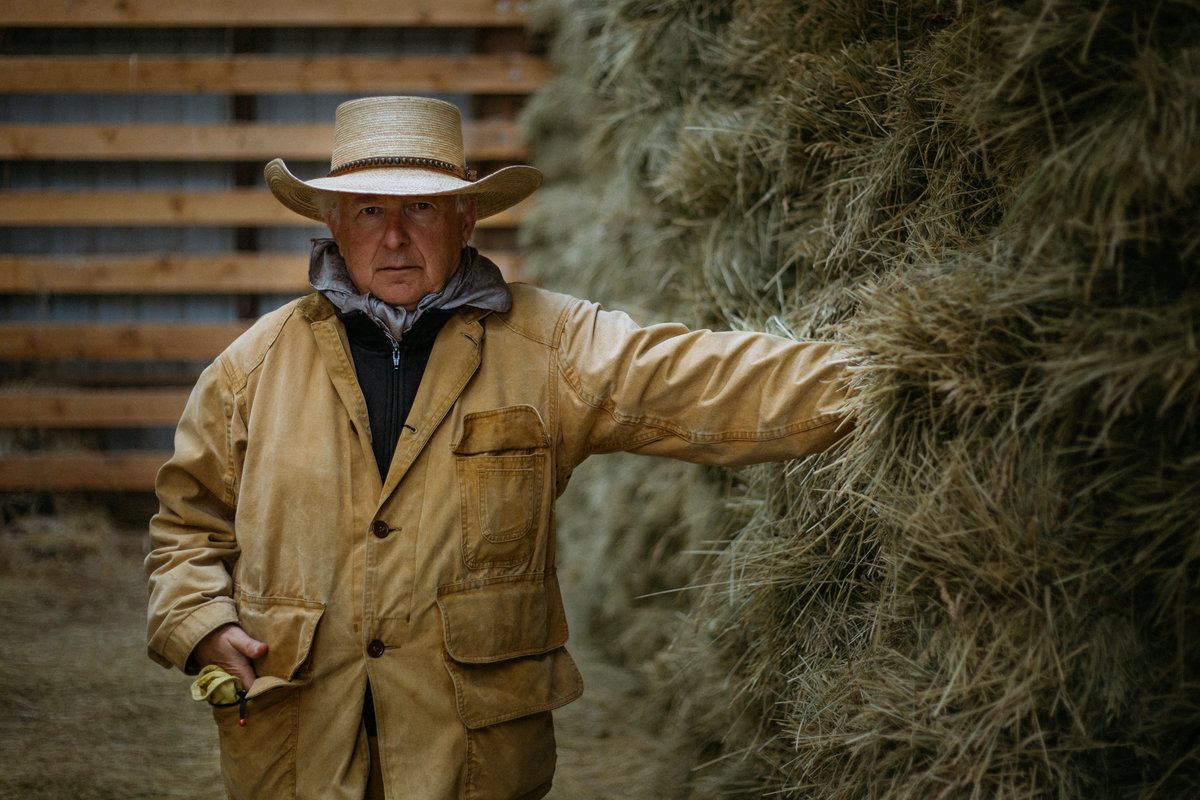Oldenburg honors filmmaker and legendary music producer James William Guercio and his visionary, singular film "Electra Glide in Blue"

Misunderstood upon its release and denigrated as a reactionary alternative to “Easy Rider” Guercio's only film has since been accepted into the canon of great artistic cinematic works. A cult film in the best sense, its nuanced approach between John Ford's Americana and the counterculture of the 1970s makes Guercio's cinematic work a singularity of magnificent beauty.
James William Guercio was born in Chicago, Illinois, in July 1945. After studying classical composition in college, he made his way to Los Angeles, working as a session player and songwriter before becoming a staff producer for Columbia Records, where he worked on Frank Zappa's debut album, “Freak Out!” He produced several albums for the band The Buckinghams and in 1969 he produced the second album for Blood Sweat & Tears that took home the Grammy for Album of the Year for 1969, beating out the Beatles’ Abbey Road.
He is best known for his landmark work with Chicago. Over a decade-long partnership, he redefined the rock genre, blending jazz, rock, and horn-driven melodies and wrote, arranged, and produced eleven albums, helping the band chart 24 Top 40 hits. In his legendary Caribou Ranch recording studio in Colorado, he recorded artists including Chicago, Phil Collins, Earth, Wind and Fire, Billy Joel, Elton John, John Lennon, The Beach Boys, Supertramp, Michael Jackson, and U2.
Throughout his music career, he won 2 Grammys and 36 Grammy nominations. And amidst his rising star in the music industry, he ventured into uncharted territory: Hollywood.
At 27, he produced and directed "Electra Glide in Blue" for United Artists. The inexperienced Guercio secured the controversial casting of his lead actor, Robert Blake, and, using his own salary, brought in future Oscar winner Conrad Hall as cinematographer. The film was the American entry in the Cannes Film Festival 1973, nominated for the Palme d’Or, and garnered its lead actor, Robert Blake, his first Golden Globe nomination.
Critics attacked the film for its proximity to Dennis Hopper's "Easy Rider." Guercio’s "Cops on a Bike" was too easily misunderstood as a conservative response to Hopper's "Hippies on a Bike" to allow for a nuanced view of this road movie. Time magazine, for example, wrote in 1973, almost spitefully, "The result might most kindly be described as dissonant. Even a record producer should have been able to spot that." – and then in 2012, by which time the film had achieved cult status, came to the assessment: "A neglected cult-classic (…) a quirky but unforgettable movie—part character study, part examination of an emerging youth culture—featuring some outstanding camerawork from future Oscar-winning cinematographer Conrad Hall."
The final scene in front of the backdrop of Monument Valley is long since celebrated as one of the most iconic moments in American cinema—a perfect conclusion to a road movie without movement, shattering the quintessentially American frontier idea once and for all.
The Oldenburg International Film Festival will present "Electra Glide in Blue" as part of this year’s festival. James William Guercio will be a guest in Oldenburg from September 10 to 13.
